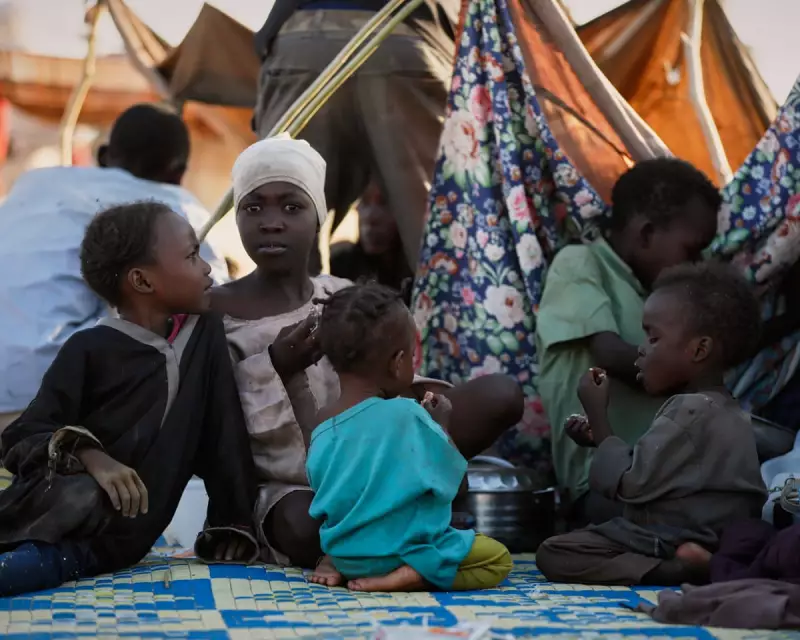
The city of El Fasher has become the epicentre of unimaginable human suffering, where the world is witnessing atrocities that echo the darkest chapters of recent history. Yet the international response remains dangerously inadequate, raising profound questions about global responsibility.
A City Descending into Hell
In El Fasher, the Rapid Support Forces (RSF) are systematically targeting civilian populations with brutal efficiency. The patterns of violence bear haunting similarities to previous genocidal campaigns in Darfur, suggesting these are not random acts of violence but coordinated attacks on specific ethnic groups.
Medical facilities, once sanctuaries for the wounded and vulnerable, have become targets themselves. The deliberate destruction of healthcare infrastructure represents a fundamental breach of international humanitarian law, leaving thousands without access to critical medical care.
The International Community's Deafening Silence
What makes the El Fasher crisis particularly alarming is the muted response from world powers. Despite clear evidence of systematic human rights violations, the international community has failed to mount an effective response. This paralysis stems from several factors:
- Geopolitical calculations that prioritise strategic interests over human lives
- Donor fatigue and competing global crises diverting attention and resources
- Complex regional dynamics that complicate intervention efforts
- A lack of political will to confront the perpetrators directly
Beyond Borders: The Web of Responsibility
The responsibility for these horrors extends far beyond Sudan's borders. Foreign governments and international actors have played significant roles in enabling this crisis through:
- Arms supplies: The continuous flow of weapons to combatants
- Economic interests: Foreign investments that indirectly fund the conflict
- Political support: International alliances that empower warring parties
- Diplomatic inaction: Failure to use available leverage to stop the violence
The Urgent Need for Action
Time is running out for El Fasher's civilian population. The international community must move beyond statements of concern and take concrete actions:
Immediate humanitarian access must be secured to prevent mass starvation. Targeted sanctions against perpetrators and their enablers should be implemented without delay. Most crucially, there must be accountability mechanisms established to ensure those responsible for atrocities face justice.
The world cannot claim ignorance about what's happening in El Fasher. The evidence is clear, the patterns familiar. What remains in question is whether the international community has the moral courage to act before another genocide is fully realised.





